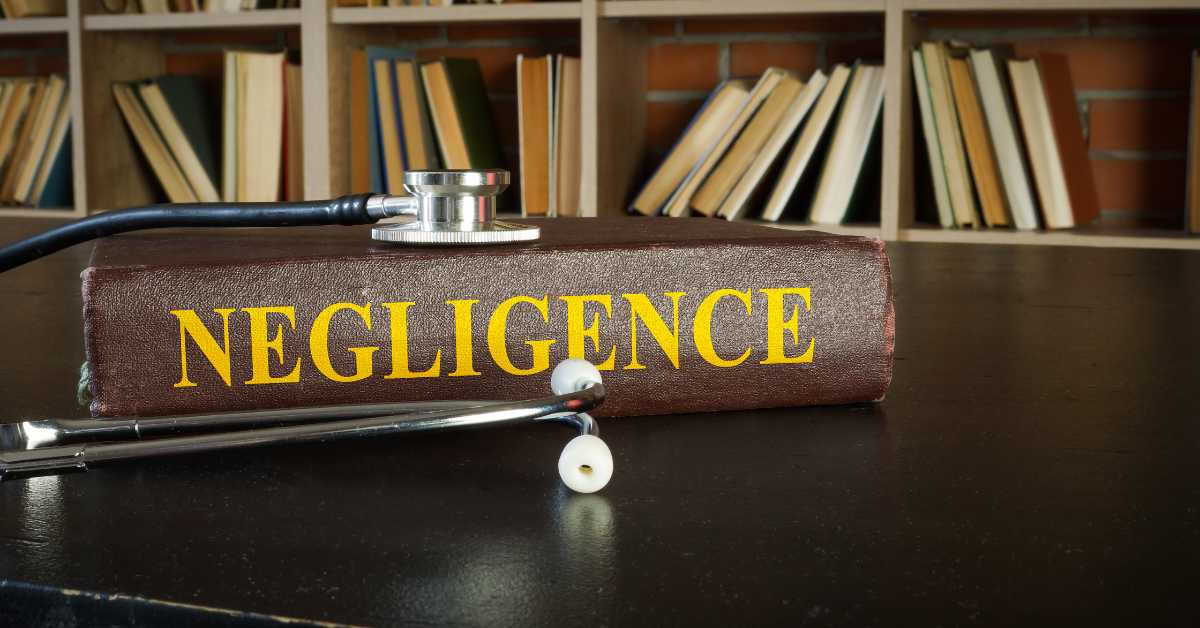
Accident victims may have heard the terms “negligence” and “intentional tort” and wonder whether they are the same thing. Although it’s possible to seek compensation for both negligence and intentional actions, these concepts are somewhat different.
Is negligence an intentional tort? The answer is no, and Stewart & Stewart Attorneys explains the difference below.
What Is Negligence?
Negligence is a legal concept defined by someone breaching their duty of care. For instance, a driver has a duty to avoid speeding and acting recklessly on the road. The driver misses a stop sign because they are looking at their phone and crashes into someone while coasting through an intersection. This would be defined as negligence.
To illustrate further, consider a premises liability case. Property owners legally must keep their properties safe for guests. Assume an owner failed to clean up a spill and a guest fell in the mess, causing them to break their hip. This would also count as negligence.
There are two main types of negligence: contributory and comparative. States that follow traditional contributory negligence rules prevent the plaintiff from recovering damages if they are even 1% at fault for the accident. The majority of states no longer follow this doctrine.
Comparative negligence states allow victims to recover compensation even if they’re partially at fault. To determine the appropriate level of compensation, courts consider how much fault victims share and reduce their awards accordingly.
Some states allow recovery even if the victim is 99% at fault. Others bar recovery if the victim is more than 50% or 51% at fault.
In Indiana, victims can recover as long as they’re less than 51% at fault.
What Is an Intentional Tort?
Intentional torts, as the name suggests, come into play when someone purposely and maliciously injures another. For instance, assume a driver deliberately rams another car off the road because they were driving too slowly for their liking. This would be an intentional tort.
Victims who have been injured by wrongful intent can file a civil lawsuit to recover damages. Most civil lawsuits settle out of court.
Intentional torts are not necessarily the same thing as a crime, although they can be. When someone commits a crime, the government brings criminal legal action against them. It is possible to bring both a civil and criminal case against a person who maliciously injured someone.
Battery is a good example that would fall under both a crime and an intentional tort. For example, say that Joe “stole” a parking spot from Bill at the grocery store. Bill became furious and beat Joe up when he emerged from his car.
Bill is arrested and convicted of battering Joe, and the court sentences him to a few months behind bars. Joe also brings an intentional tort claim against Bill, and the court awards him $10,000 in damages.
Damages That May Be Available to the Injured Party
Damages available for intentional tort claims are similar to those for any other type of personal injury case. They can include:
- Medical expenses, such as emergency care, medication, surgery, specialist care, and physical therapy
- Property damages, such as damage to the victim’s car
- Non-economic damages, such as pain and suffering/mental anguish
If the defendant acted maliciously, the court may order them to pay punitive damages to the victim. Punitive damages are intended to punish the defendant for their actions and discourage them from doing the same thing again.
Negligence is different from intentional tort in relation to the intent. If you intend harm to another, the punishments will be greater than if you were negligent and an accident occurred. If you were the victim of either situation, you may be able to claim damages with the assistance of a personal injury attorney.
Stewart & Stewart Attorneys Fights Hard for Accident Victims
Accident victims who believe they suffered damages in a personal injury case can call Stewart & Stewart Attorneys and learn which legal concept applies to their case. Stewart & Stewart Attorneys offers free consultations and charges no fees unless their attorneys win a case. For a free consultation, call (800) 333-3529.

